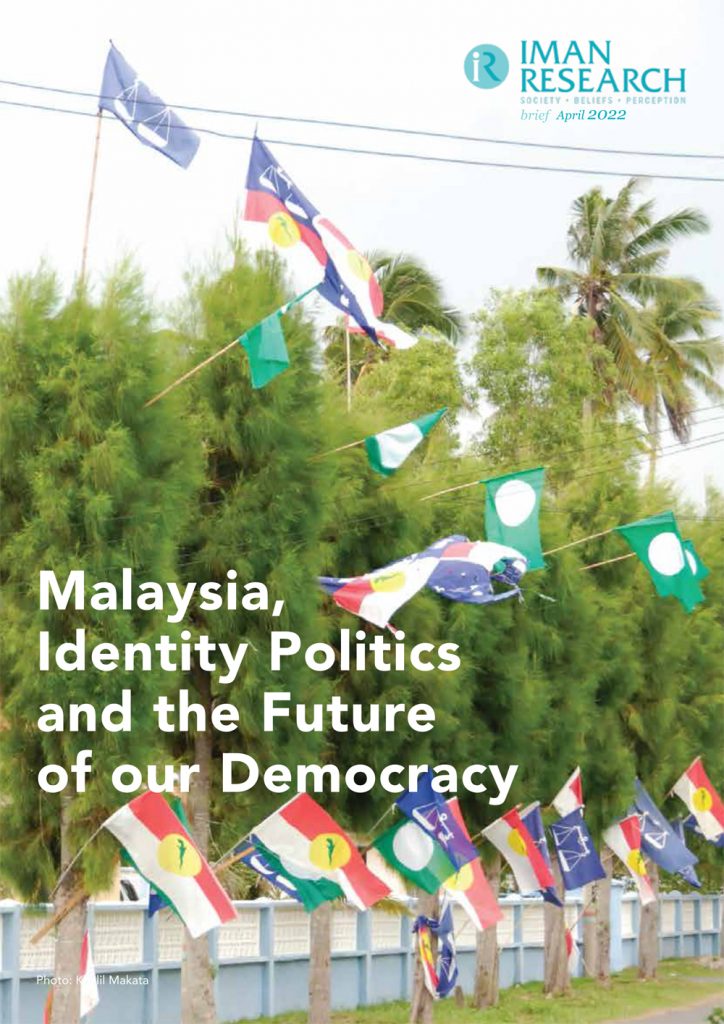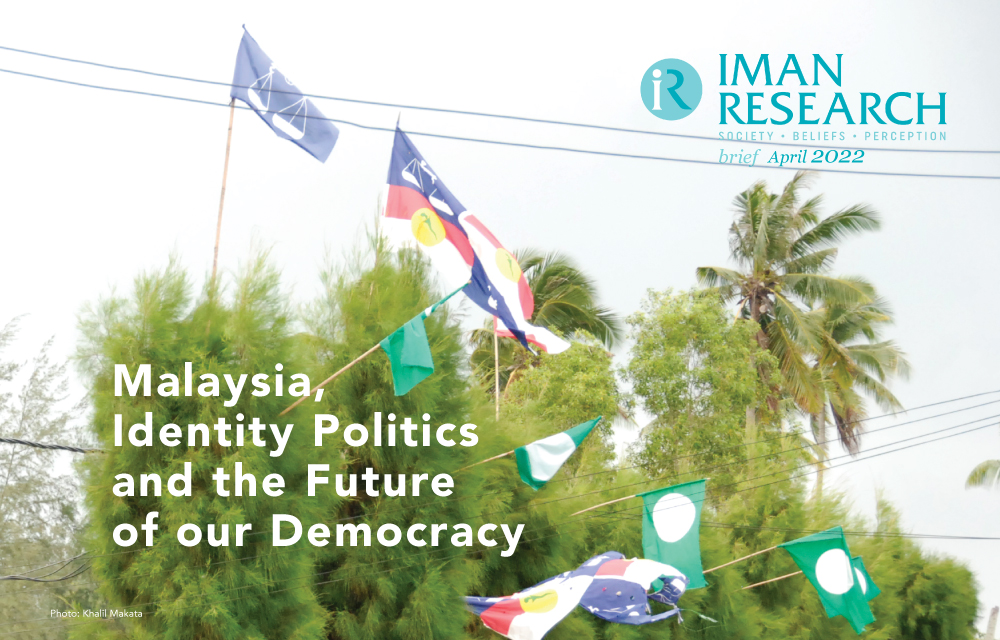 Malay-Muslim’s identity and Malaysia’s political arena are inseparable. Due to the existence of ethnoreligious based parties such as United Malay National Organisation (UMNO), Parti Islam Se-Malaysia (PAS), and other ethnic minority parties such as Malaysian Chinese Association (MCA) and Malaysian Indian Council (MIC), ethnoreligious issues have always been used for political mileage. The dominance of these parties, particularly UMNO and PAS, whether on federal or state level, further describe the ethnic composition as well as political inclination of the community in certain states. Kelantan and Terengganu, for example, was dominantly won by either PAS or Barisan Nasional (BN), the umbrella organisation in which UMNO dominated but collaborated with MCA and MIC. The practice of patronage politics, especially by UMNO is common and clearly working for the Malay community, who have been synonymous to show their support to the one who often went to the ground, met people and gave some assistance or freebies. Patronage politics practiced by UMNO then created dependency by the lower class towards the upper-class Malay in any issues. These practices, though benefit the community only in a short term, is essentially what the community is looking for. However, how far does patronage politics impact Malay voters’ political behaviour? Does patronage politics work for urban Malay voters in the all-Malaysian state? This article attempts to unpack the Malay identity and political behaviour post COVID-19, analysing past policies, programmes or approaches by politicians that impacted their current political behaviour as well as current concerns that they have that impacted their choices in past and possibly future elections.
Malay-Muslim’s identity and Malaysia’s political arena are inseparable. Due to the existence of ethnoreligious based parties such as United Malay National Organisation (UMNO), Parti Islam Se-Malaysia (PAS), and other ethnic minority parties such as Malaysian Chinese Association (MCA) and Malaysian Indian Council (MIC), ethnoreligious issues have always been used for political mileage. The dominance of these parties, particularly UMNO and PAS, whether on federal or state level, further describe the ethnic composition as well as political inclination of the community in certain states. Kelantan and Terengganu, for example, was dominantly won by either PAS or Barisan Nasional (BN), the umbrella organisation in which UMNO dominated but collaborated with MCA and MIC. The practice of patronage politics, especially by UMNO is common and clearly working for the Malay community, who have been synonymous to show their support to the one who often went to the ground, met people and gave some assistance or freebies. Patronage politics practiced by UMNO then created dependency by the lower class towards the upper-class Malay in any issues. These practices, though benefit the community only in a short term, is essentially what the community is looking for. However, how far does patronage politics impact Malay voters’ political behaviour? Does patronage politics work for urban Malay voters in the all-Malaysian state? This article attempts to unpack the Malay identity and political behaviour post COVID-19, analysing past policies, programmes or approaches by politicians that impacted their current political behaviour as well as current concerns that they have that impacted their choices in past and possibly future elections.

